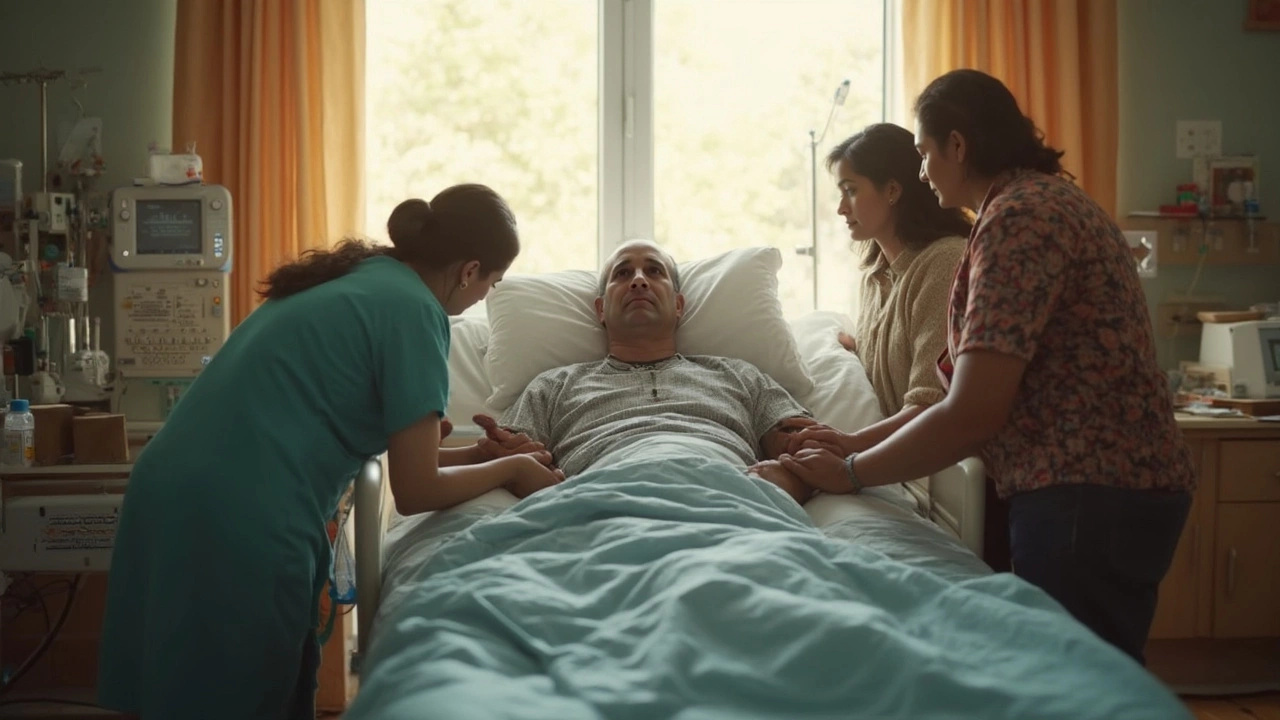Heart surgery is no walk in the park, but some procedures take recovery to a whole new level. This article breaks down why certain heart surgeries are so hard to bounce back from. Expect real talk about pain, daily challenges, and what recovery actually looks like. You’ll also find practical tips to ease the process and some interesting facts that might surprise you. Whether you’re prepping for surgery or helping someone who is, you’ll get real-world advice here.
Read MoreHardest Surgeries – What You Need to Know Before Going Under the Knife
Thinking about a big operation can feel scary, especially when you hear it’s one of the hardest surgeries out there. You probably wonder if the pain will be unbearable, how long the hospital stay will last, and what you can do to make the recovery smoother. Below we break down why some surgeries are so tough and give you straight‑forward tips you can start using today.
Why Some Surgeries Are So Tough
Hard surgeries usually involve vital organs, delicate structures, or bones that take a long time to heal. Heart bypass, spinal fusion, and major joint replacements fall into this group because the body has to repair a lot of tissue and the risk of complications is higher.
Another factor is the length of the operation. The longer the surgeon works, the more stress the body endures. Blood loss, anesthesia time, and the need for intensive monitoring after surgery all add up. That’s why hospitals keep a close eye on you for the first 24‑48 hours.
Finally, the skill level of the surgical team matters. Complex procedures need surgeons who specialize in that area, plus a dedicated nursing and physiotherapy crew. Choosing a centre with a proven track record can cut down on surprise setbacks.
Practical Tips to Get Through a Hard Surgery
1. Ask the right questions. Before you sign any consent form, ask about the expected pain level, how long you’ll stay in hospital, and what the rehab plan looks like. Knowing the answers helps you set realistic expectations.
2. Start pre‑hab now. Simple strength and breathing exercises can boost your stamina. Even a short daily walk improves circulation and speeds up wound healing later.
3. Plan your pain meds. Talk to your doctor about a pain‑management plan that mixes medication with safe alternatives like cold packs or gentle massage. Staying ahead of pain beats waiting until it’s severe.
4. Line up support. Arrange for a family member or friend to stay with you for the first few days. Having someone to help with meals, medication and short walks makes a huge difference.
5. Follow the rehab schedule. Physical therapy isn’t optional—it’s the fastest way to regain movement and avoid stiffness. Even if you feel sore, stick to the prescribed exercises.
6. Watch for warning signs. Fever, increasing redness around the scar, or sudden sharp pain could mean an infection or other issue. Call your surgeon if anything feels out of the ordinary.
7. Stay hydrated and eat protein‑rich foods. Fluids keep your blood flowing, and protein helps rebuild tissue. Simple meals like eggs, lentils or yogurt are easy to digest and give you the nutrients you need.
Remember, every hard surgery has a purpose – fixing a problem that can’t be solved any other way. By asking questions, preparing your body, and sticking to the recovery plan, you give yourself the best chance for a smooth comeback.
If you’re still unsure, schedule a follow‑up chat with your surgeon. A clear, honest conversation can turn fear into confidence, and that’s the first step toward a pain‑free life after the operation.





